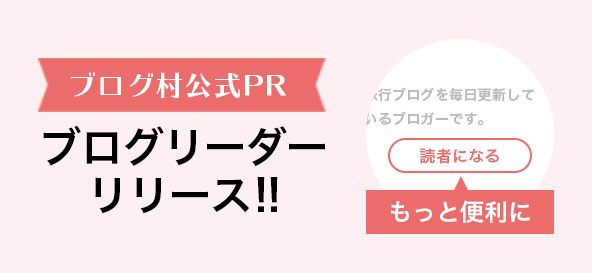Yomi: ぷろおどろきや, Rōmaji: puro odoroki ya, Type: slang, Literal Meaning: a professional surprised man/woman, Meaning: an excitable person who enthusiastically shares state-of-the-art technologies and their applications
会員登録後、有料プランで広告を非表示に
詳しくはこちら























































